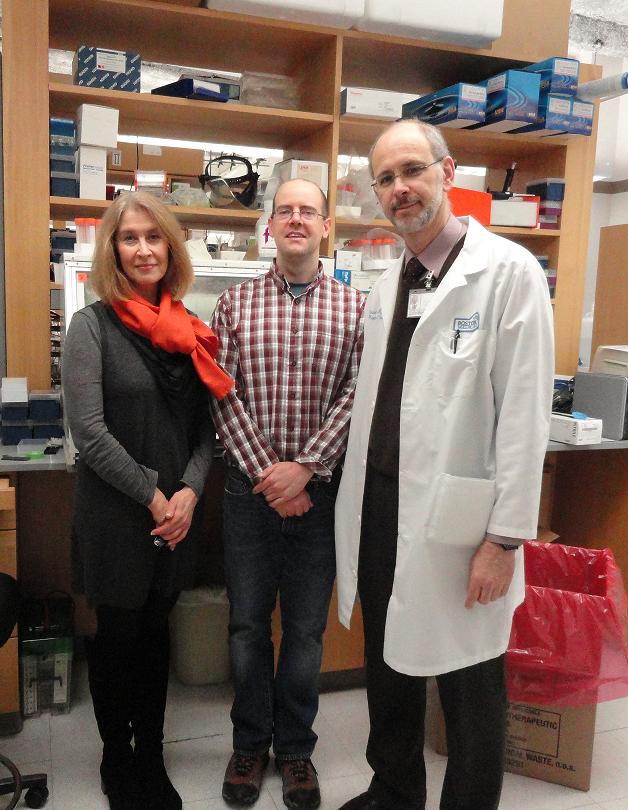Welcome

AL-Base is a curated database of antibody light chain sequences associated with diseases known as plasma cell dyscrasias (PCD), primarily immunoglobulin light chain amyloidosis, also known as AL amyloidosis. AL-Base is intended to facilitate studies into the mechanisms of diseases involving monoclonal immunoglobulin proteins. The hypothesis underlying this goal is that the primary sequence of the light chain is likely to be a major determinant of its propensity to form amyloid fibrils and cause disease. De-identified light chain nucleotide and protein sequences from patient-derived bone marrow samples are organized according to the disease from which they originate and the light chain genes involved. Tools are provided for basic search and visualization functions, and both nucleotide and protein sequences can be exported for further analyses. Please use the search page to explore the database.
AL amyloidosis
Amyloidosis is a condition where normally soluble proteins misfold and aggregate in the body as amyloid fibrils, leading to progressive tissue toxicity and organ failure. AL amyloidosis is one of the most common forms of systemic amyloidosis, involving deposition of antibody light chains in multiple organs. AL amyloidosis is most often caused by an aberrant population of clonal plasma cells in the bone marrow, which secrete the light chain that aggregates. Untreated disease is rapidly fatal, as patients can develop heart and kidney failure as well as liver, intestinal, soft tissue or neurologic symptoms.
Antibodies (also known as immunoglobulins or Ig) are a major component of the adaptive immune system. Healthy humans produce millions of different antibodies, each with a unique protein sequence, that each targets a specific antigen. Antibody proteins are hetero-oligomers of heavy chains and light chains, which are synthesized in B cells following recombination, mutation and selection for antigen binding. Antibody sequences are much more diverse than other proteins, which makes understanding how sequences cause disease very challenging. AL-Base aims to address this problem by providing a large number of light chain sequences with known clinical associations.
AL-Base organization
Light chain sequences are classified according to their clinical origin. Aberrant proliferation of clonal plasma cells leads to a spectrum of conditions known as monoclonal gammopathy or plasma cell dyscrasia (PCD). These diseases range from the asymptomatic precursor condition monoclonal gammopathy of uncertain significance (MGUS), to multiple myeloma (MM), a hematological cancer. AL-Base is focused on monoclonal light chains associated with PCD. AL-Base includes sequences from the following PCDs:
AL amyloidosis (AL)
Multiple myeloma (MM)
Light chain deposition disease (LCDD)
polyneuropathy, organomegaly, endocrinopathy, M-protein and skin changes (POEMS) syndrome
Waldenstrom’s Macroglobulinemia (WM)
Sequences are divided into categories and subcategories. Categories define the clonal origin of the light chain and the presence of patient amyloid deposits (AL-PCD, Other-PCD, Non-PCD). Subcategories describe the clinical diagnosis. In cases where AL amyloidosis is diagnosed in the context of another condition, subcategories are reported as AL/MM, AL/WM, AL/LCDD etc. AL amyloidosis in the context of chronic lymphocytic leukemia (CLL) is categorized as AL-PCD for these purposes, although CLL is not a plasma cell malignancy.
Non-PCD sequences
AL-Base’s Non-PCD sequences were originally intended to provide non-amyloid control sequences. Since the site’s original launch, the number of light chain sequences identified from the human polyclonal repertoire has expanded considerably. For large scale analyses of AL-Base sequences, we recommend using repertoire sequencing data, such as from the Observed Antibody Space resource, in place of the Non-PCD sequences, which are retained for reference.
Using AL-Base
AL-Base is freely available for research use. Please cite the original manuscript (Bodi et al., Amyloid 2009) or the manuscript describing the latest update (Morgan et al., Amyloid 2025) and acknowledge the use of AL-Base in publications and software.
All sequence information and linked clinical data is completely anonymous. Clinical data from the Boston University Amyloidosis Center was collected in accordance with the Declaration of Helsinki. Informed consent for sample and data collection was obtained from patients and all research has been carried out with the approval of the institutional review board at Boston University Medical Campus.
AL-Base is a project of the Boston University Amyloidosis Center. AL-Base was originally developed with the support of an NHLBI P01 award, HL68705. Ongoing development is supported by the Wildflower Foundation and the Amyloid Research Fund of the Boston University Chobanian and Avedisian School of Medicine.
